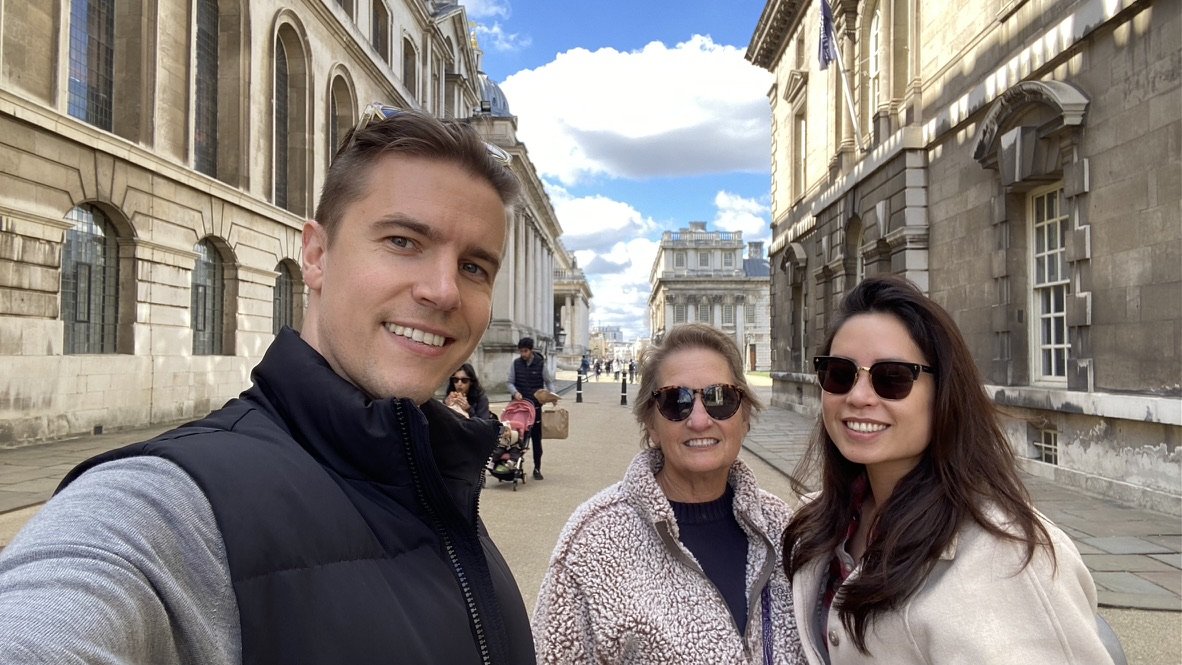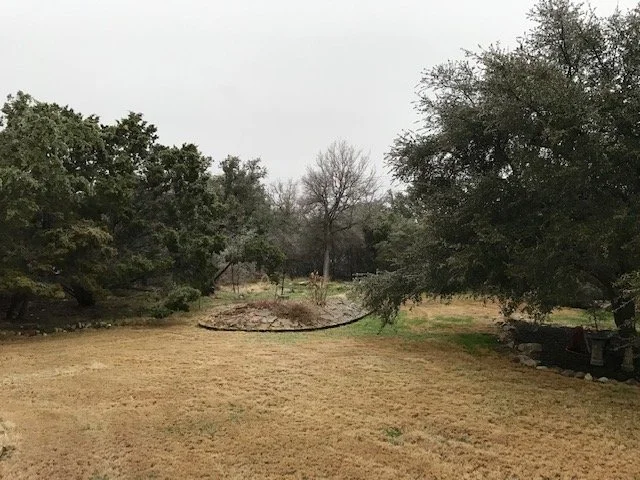The keys to my mother’s car, a ’61 Buick Le Sabre, were handed to me on my sixteenth birthday. And to replace it, my mother slid in behind the wheel of a Dodge Charger with a racing stripe. Every guy in the neighborhood coveted it. I was disappointed in and ungrateful for the old Buick, though it wasn’t long before I grew to love it. After all, who doesn’t love their first taste of freedom?
As to the LeSabre, it was a four-door sedan, platinum with front-pointing fenders that were typical at that time. It had a floating feel to it which caused me to name it The Land Yacht. When I went through a dip it would rock forward and back, forward and back. Most unusual was that the dash information was reflected in a mirror—a whimsical design.
Most of my friends didn’t have cars and I never knew why—could their parents not afford one? Did their parents think them too irresponsible? My parents’ reasoning on the matter was that I needed to learn to be responsible for getting myself to my own activities. I was in the band and orchestra, which meant concerts, competitions, and football games that always went late; and because of this full calendar, I suspected that the real reason they gave me the car was that they were fed up with waiting for me in dark parking lots.
Though, as bad timing would have it, between ’72 and ’73 the price of gas jumped from fifty-seven cents a gallon to a dollar fifty-seven a gallon. And that old Buick got eight miles to the gallon. My parents paid for gas for me to get to school and return home. I picked friends up on the way to school and took them home after. Also, I would drive friends by their crushes’ houses as they dreamily hoped for a sighting. The driver’s seat was roomy and I’d pull my foot up and prop up my left knee, wrap my arm around it, and palm the wheel with my right hand; windows down, top forty on the radio, living in the moment.
I constantly badgered my passengers for gas money, at which point, they pretended to be deaf. And this taught me another reason why parents should give their sixteen-year-old a car—to keep their children from becoming bums.
In 1973 the legal drinking age was lowered from twenty-one to eighteen. This was due to a conflation of war and logic—war because eighteen-year-olds were being drafted; and logic because, well, if eighteen-year-olds could be sent off to Vietnam and put in a situation where they were forced to kill or be killed, they should be considered old enough to drink.
I turned eighteen during November of my senior year in high school and, as this was Amarillo and there was nothing better to do, my friends and I thought, well, we might as well drive around and drink. It was an expected progression that my car became the drinking car and I became the drinking driver.
Go ahead, shake your head in disapproval. Yet believe me when I tell you, I was not considered wild or rebellious or unruly in any way. In fact, I was quiet and obedient. I made many of my own clothes. I played my flute well and I completed my school assignments.
The times were different, that’s all. We drank. We cruised bars, bought six packs, and drove around. We attended drinking parties in the city’s parks and in Palo Duro Canyon.
Luckily for me, during the whole of my teenage years, my parents were fixated on my older sister who was all drama all the time. They seemed not to notice when I rolled in at two in the morning, staggered into the house, fell into bed, and then got up at six to get ready for orchestra practice at seven-thirty.
Only a single time did my father raise the issue.
“Jennifer,” he said. “Drinking is legal and so this is allowed, but putting alcohol into the hands of children was a reckless thing for our government to do.”
What was I to make of this? He’d given me permission, while, at the same time, criticizing the government, which he did daily.
One time, as my friends and I were making our way from one bar to another, I ran the red light in front of the police station. Another time I went the wrong way on a one-way street for the whole length of downtown. And one morning, as I was getting ready for school, my father asked where my car was. I didn’t know. I certainly didn’t remember driving home the night before. Panicked, I raced to the front window—and there was the Buick, right where it should be. “I got you,” he sang, gleeful at having proven a fool to be a fool.
This was when there were no broken-hearted mothers to point out the dangers of drinking while driving. It would be four years before MADD was formed. And when they came along the effect was intense and immediate. The drinking age was raised to nineteen, and then, five years later, back to twenty-one. And the penalties for DUI became prohibitively stiff. Drinking and driving was so politically incorrect that no one dare do it anymore, which was for the best. But still, it was senior year, a good year to be numb.
Remember this?








